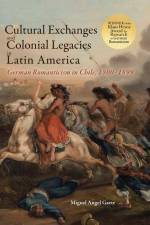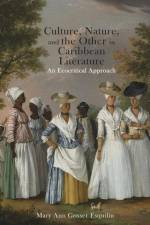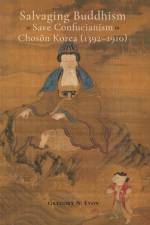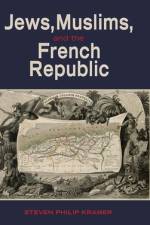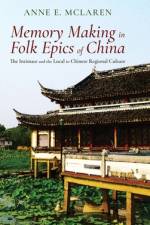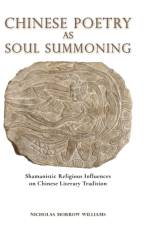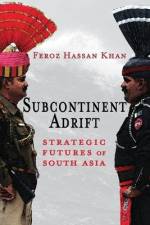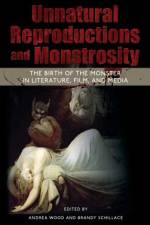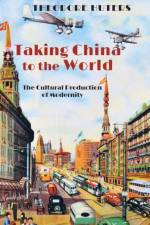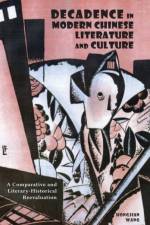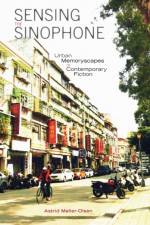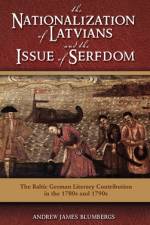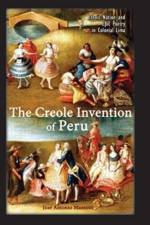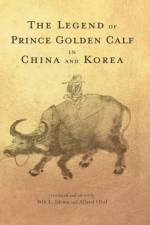av Miguel Angel Gaete
1 465,-
Winner of the Klaus Heyne Award for Research in German Romanticism*Includes 47 imagesIn the nineteenth century, a cluster of German Romantic artists and naturalists including Johann Moritz Rugendas, Carl Alexander Simon, Otto Grashof, Theodor Ohlsen, Eduard Poeppig, and Rudolph Amandus Philippi, embarked on different journeys to Chile, a newly liberated country characterized by untamed landscapes, overwhelming nature, and an important diversity of people. This study is the first scholarly attempt to critically explore the unfolding of German Romanticism in Chile, delving into the motivations and experiences of these six explorers as they ventured across the sea, the Andes, the secluded jungles of southern Chile, and the Atacama Desert to portray the country's people, landscapes, and nature.This book challenges conventional interpretations of German Romanticism as a purely emotional and spiritualized crusade, arguing for a more nuanced understanding that takes into account the complexities of this cultural movement in a foreign setting, offering a critical analysis of its impact on the depiction of Chile within the broader program of Western modernity imposed outside of Europe. The central argument of this book is that the activities and depictions of these artists and naturalists, far from being mere artistic pursuits, expressed a desire for expansion in multiple dimensions-spatial, economic, cultural, and scientific-ultimately driven by a mighty colonial impulse. Thus, in their quest for exploration and artistic inspiration, they projected their anxieties, obsessions, and hegemonic ideas about race, class, Europeanness, indigeneity, territorial appropriation, and nature, reflecting their own cultural and personal agendas.By examining the impact of German Romanticism on the depiction of Chile and the convergence of scientism, Romanticism, and colonialism, this publication seeks to shed new light on the intricate cultural exchanges between Germany and Latin America during a century consumed by ideas of progress, evolution, and the systematic categorization of nature, offering a new perspective on this subject matter.Cultural Exchanges and Colonial Legacies in Latin America: German Romanticism in Chile, 1800-1899 serves as a first introduction to this unfathomed topic, standing as a significant and essential reference for individuals engaged in academic research, students, and general readers intrigued by art history, visual culture, colonialism, Romanticism, and Latin American studies.This book is in the Cambria Latin American Literatures and Cultures Series headed by Román de la Campa, the Edwin B. and Lenore R. Williams Professor Emeritus of Romance Languages at the University of Pennsylvania.




